NHLBI renews landmark Jackson Heart Study for six more years
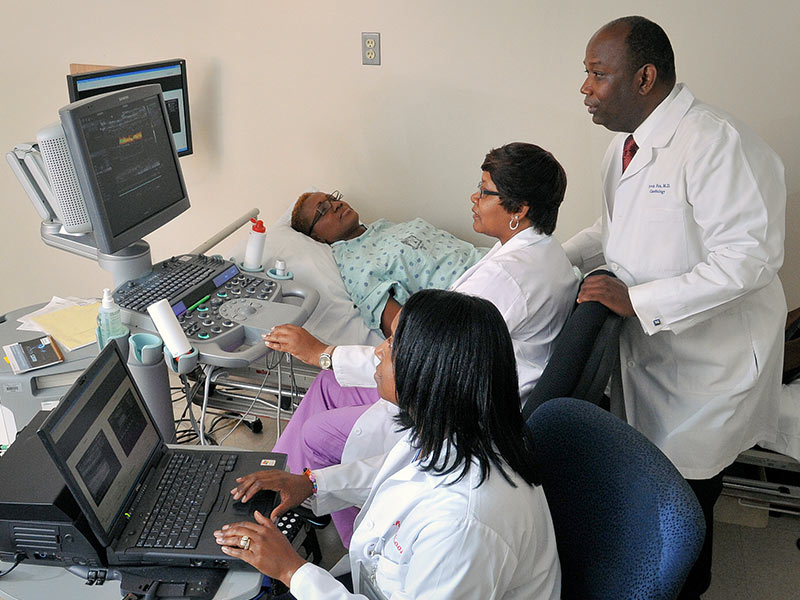
The National Heart, Lung, and Blood Institute of the National Institutes of Health has renewed its support of the Jackson Heart Study, expanding the program’s ability to make discoveries about cardiovascular health, translate these findings for the community and train the next generation of biomedical scientists.
The JHS is the largest long-term study of cardiovascular health in a closed, defined group of African-Americans. Since 1998, the JHS has studied more than 5,300 people from the Jackson metropolitan area. Investigators at the University of Mississippi Medical Center, Jackson State University, Tougaloo College and the Mississippi State Department of Health received official notification of the six-year extension August 13.
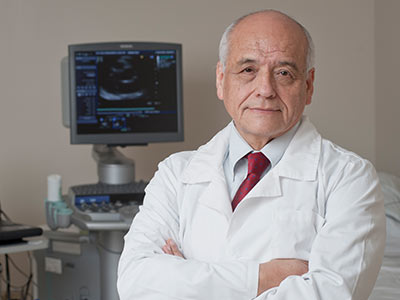
“The funding is new but the JHS goal remains the same: to figure out what factors can cause and prevent heart disease in African-Americans. [The partner institutions] will keep working together in the JHS. But the JHS goal can only be reached if you keep participating,” Dr. Adolfo Correa, director of the JHS and UMMC professor of medicine wrote in a letter to the cohort members.
According to the Centers for Disease Control and Prevention, heart disease is the leading cause of death for Americans. Among African-Americans, nearly half of adults have some form of cardiovascular disease, and about one in four dies of heart disease.
“With this new funding, we will do many of the same activities,” Correa said, such as conducting annual follow-up with participants about their health and hosting community events to share study findings.
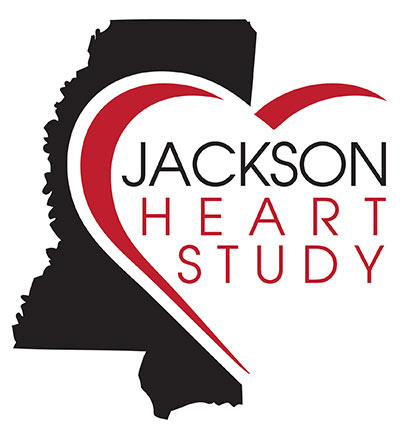
The first year of funding awards the Jackson Heart Study nearly $8 million. The renewed funding, which will support the study until August 2024, also allows for several new components.
“We are delighted that there will be a new Jackson Heart Study Exam 4 during 2020-2022,” he said.
Like its predecessors, this exam will add to the extensive longitudinal data on cardiovascular disease risk factors, socioeconomic and sociocultural factors, imaging studies and biological samples. Results from the JHS have been published in the Journal of the American Medical Association-Cardiology, Journal of the American Heart Association and Science Translational Medicine, among others.
At UMMC, the NHLBI funding supports the JHS coordinating and field centers, which conduct research studies and maintain contact with the JHS cohort.
Correa nd JHS researchers hope that the next phase will also include a component on the relationship between heart health and brain health.
The JHS also gains a new Graduate Training and Education Center at UMMC for students interested in cardiovascular epidemiology and related biomedical research. Led by Dr. Bettina Beech, dean of the School of Population Health, it joins the existing centers for graduate students at JSU and high school and undergraduate students at Tougaloo.

The GTEC at UMMC will provide training in cardiovascular health from a population health perspective to graduate students enrolled in health-, STEM-, or social science-related doctoral and health professional programs at Mississippi colleges and universities.
“Our program is designed to provide students with diverse hands-on experiences in cardiovascular epidemiology, cardiovascular health, minority health and health disparities to encourage them to pursue careers in biomedical science,” Beech said. “We have assembled a team of investigators who are committed to training the next generation of scientists and are senior faculty at the nation’s leading universities in health science including UCLA, Johns Hopkins, University of Texas-Southwestern and Vanderbilt University.”

“The Graduate Training and Education Center provides training in cardiovascular epidemiology that enhances the professional skills of graduate students that will allow them to contribute to the workforce in biomedical sciences and public health,” said Dr. Marinelle Payton, principal investigator of the JSU graduate center.
“Also, this opportunity adds value to scholars' practical experience in health research to prepare them for careers in biomedical sciences and professions that will greatly impact the Jackson Heart Study community," said Payton, chair of the department of epidemiology and biostatistics in the School of Public Health at JSU.
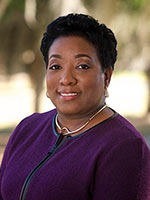
Dr. Wendy White of Tougaloo College said that thanks to the support of the NHLBI, nearly 200 students have gone through the undergraduate training program, more than half of whom went on to pursue graduate and professional degrees in health-related sciences.
“The Jackson Heart Study is so important for the community and our students,” said White, principal investigator of the undergraduate center. “It’s profound what we have accomplished. To say that we have been going strong for nearly 20 years speaks to how [the NHLBI] holds us in high regard.”
This year, the Mississippi State Department of Health joins the JHS and will manage the new Community Engagement Center.
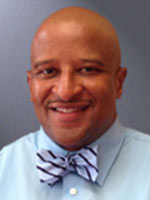
“We will promote cardiovascular health in the targeted communities surrounding the Jackson area. These include Madison, Rankin and Hinds counties, however, we will extend our work statewide,” said Dr. Victor Sutton, director of the JHS community center and the Office of Preventive Health at MSDH. “Our team will educate our communities and implement evidence-based activities to support optimal health. We look forward to sharing our work across all centers throughout the nation.”
Outside of the Jackson metropolitan area, the JHS maintains relationships with multiple universities serving as Vanguard Centers and makes its data accessible for ancillary studies.
NHLBI Jackson Heart Study project officer Cheryl Nelson wrote in a letter to participants, “Your involvement in the study over the past nearly 20 years has helped to advance our knowledge and direction of medical research in this critical area – and, we believe, is saving lives.”
The JHS is funded by the NHLBI and the National Institute on Minority Health and Health Disparities of the National Institutes of Health.


